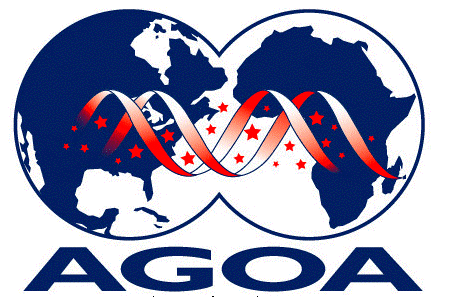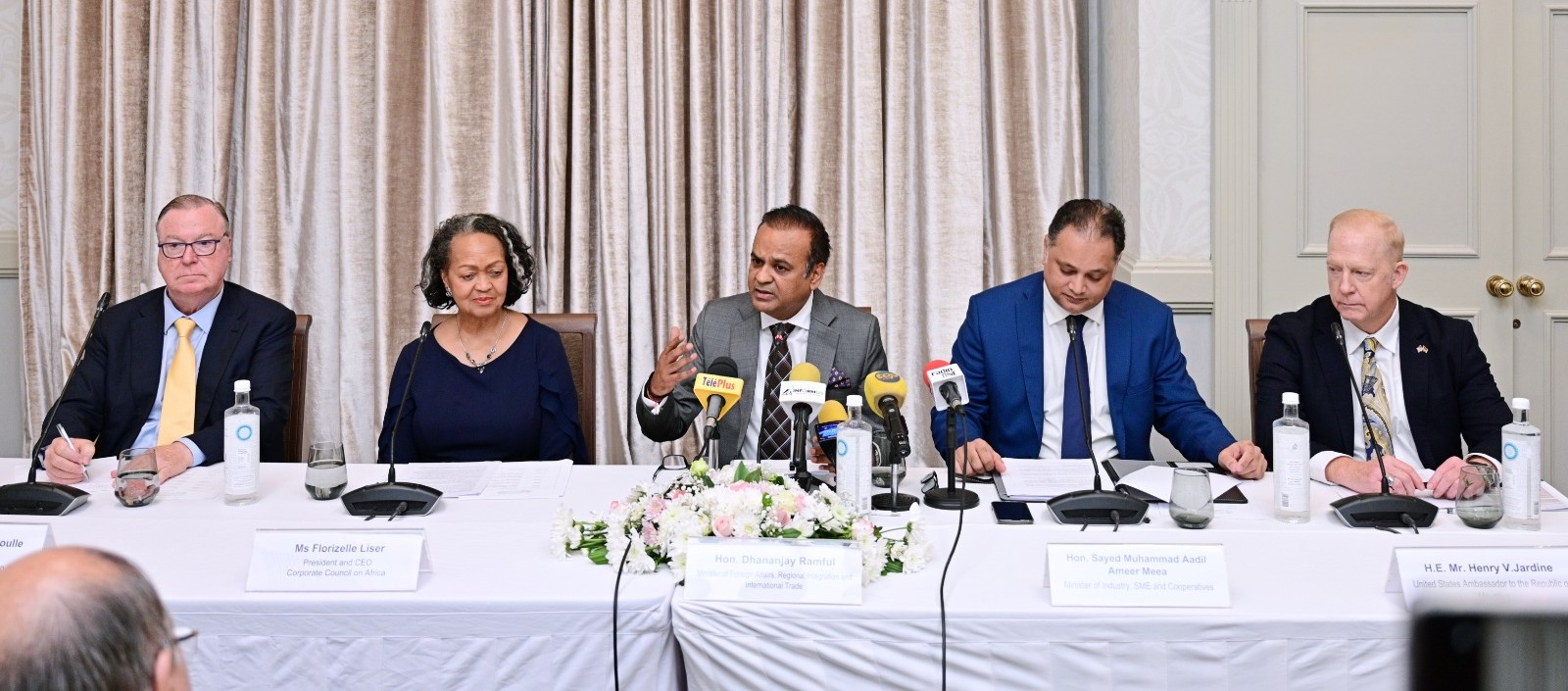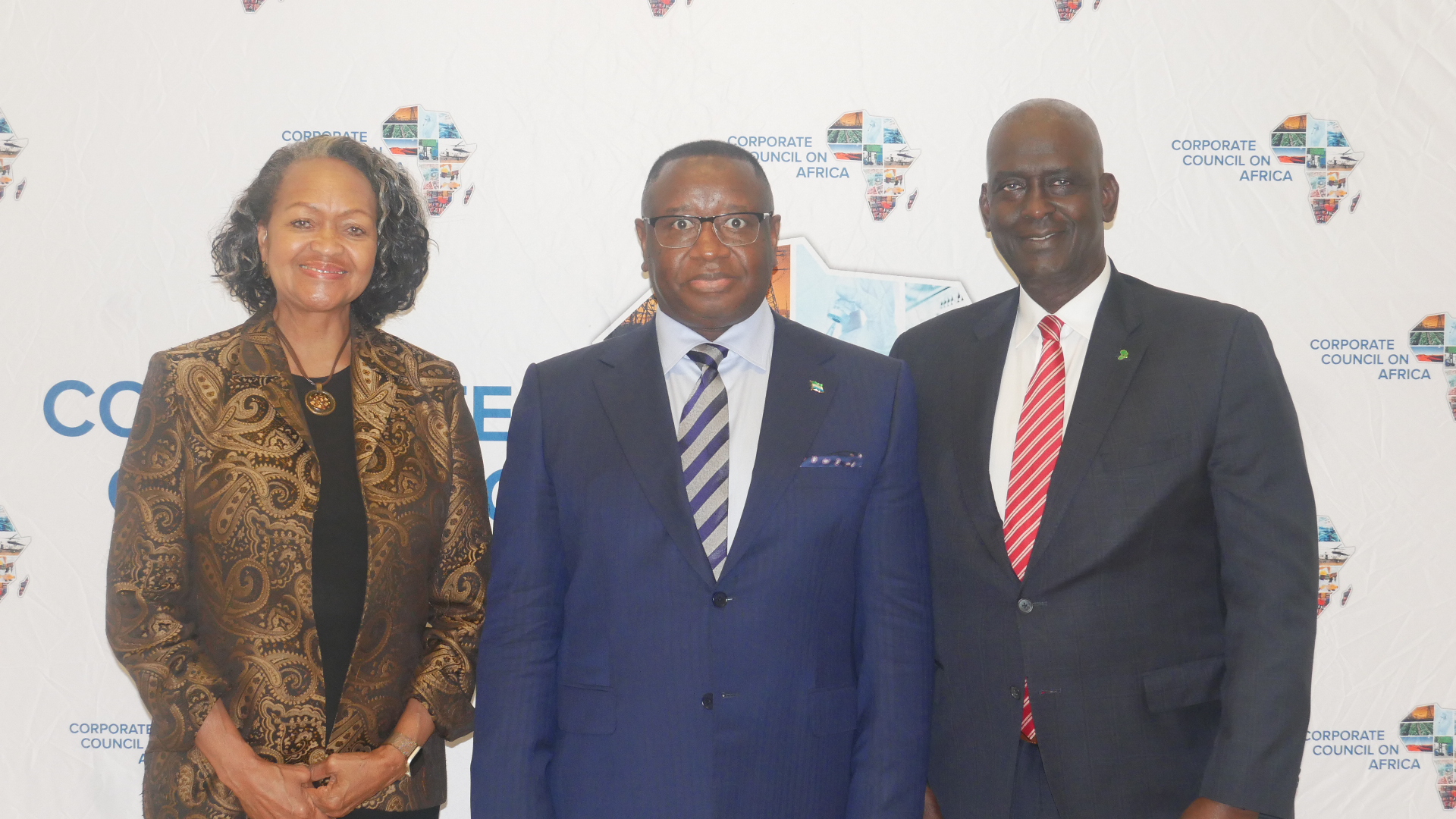AGOA: Logistics, Transport Ops and the Global Supply Chain
The second panel at the 2017 AGOA Forum Private Sector Dialogue in Lome, Togo included Mr. Tewolde GreMariam, Group CEO, Ethiopian Airlines, Mr. Ade Ayeyemi, Group CEO, Ecobank, Mr. Thomas Hardy, Acting Director, USTDA and Mr. Cory O’Hara, Team Leader, Regional Trade & Investment, USAID Africa.Ethiopian Airlines kicked off the session by stating that logistics represents 60-70 percent of the total transport costs. African countries need to reduce these costs to make their products competitive. He stated that increasing production volumes would help to offset some of these costs. In short, he was supportive of containers/airplanes leaving an African country bound for the US, returning to that country with goods from the US. The representative from USTDA stated that transportation logistics is the foundation for business growth. All agreed that logistics also included services associated with moving products. Government policies, including those associated with movement of goods (i.e. the Trade Facilitation Agreement) are crucial to efficiently moving products across borders. An example cited was integrating customs data across borders. It might not be unusual that during the first couple of years, companies may not have full cost recovery.The group agreed that government support for connectivity, especially using technology is critical. Lower taxes could also help African countries become more competitive. Finally, all stated that governments need to enforce the sanctity of contracts. By the same token, loans have to be paid off.All were supportive of diversified sources of financing to allow trade and investment to occur. Examples cited were warehouse receipts for agriculture, commodity exchanges, credit cards, bonds, hedging and retirement funding.In wrapping up, all were in favor of clustering production networks (e.g. Industrial parks, cooperatives, etc.) and infrastructure financing that enable African businesses to compete globally. They also thought that Africans need to increase branding of products and push for more reverse trade missions that are sector-specific.



